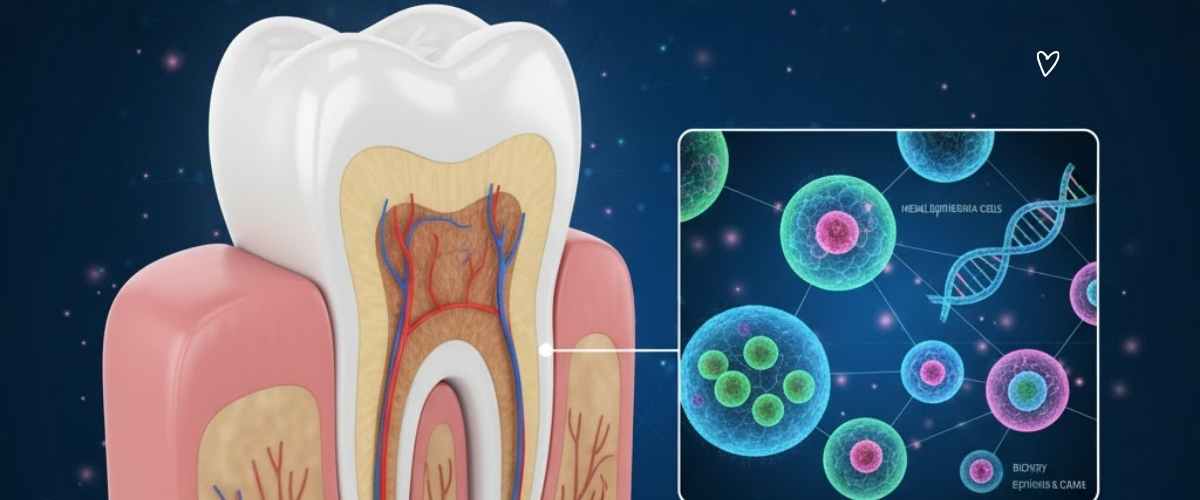
When most people think about dental care, they picture cleanings, fillings, and keeping their smiles bright. But there’s another side of dentistry that plays a critical role in protecting your health — **oral pathology**. While the term might sound intimidating, understanding it can help you stay alert to changes in your mouth and seek timely care.
Oral pathology is the branch of dentistry that studies, diagnoses, and treats diseases affecting the **mouth, jaws, and related structures**. This includes the soft tissues (like the tongue, cheeks, and gums), the hard tissues (like bone and teeth), and even the salivary glands. Just like other parts of the body, your mouth can show early signs of infection, inflammation, or even systemic diseases — and sometimes, these changes are first noticed by your dentist.
The mouth is often described as the **“window to the body.”** Many systemic health conditions — from diabetes to autoimmune disorders — can show early signs in the oral cavity. Detecting these issues early can make a big difference in your overall health. Oral pathology helps in:
Here are some of the more common oral issues your dentist may examine or monitor:
During your dental visit your dentist doesn’t just check your teeth — they also perform an **oral cancer screening** and a thorough soft tissue exam. They’ll look for:
If something unusual is found, your dentist might recommend:
You can help by keeping an eye on your oral health between visits. Check your mouth regularly and contact your dentist if you notice:
Oral pathology is about understanding what’s happening beneath the surface — because a healthy mouth isn’t just about clean teeth; it’s about healthy tissues, too. With **regular dental checkups**, early detection, and professional guidance, most oral conditions can be managed effectively and comfortably. Your dentist is not only protecting your smile — they’re also safeguarding your **overall health**.
For more information contact Dr Michael Handler Dentistry.
Do you ever feel nervous about dentist appointments? Rest assured: we cater to nervous and anxious patients in a gentle and considerate manner. Call us now to schedule a free consultation!